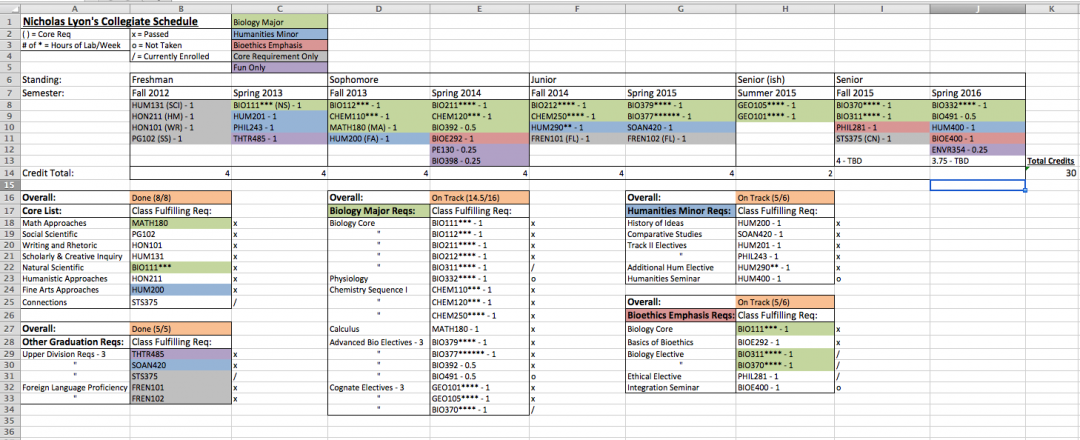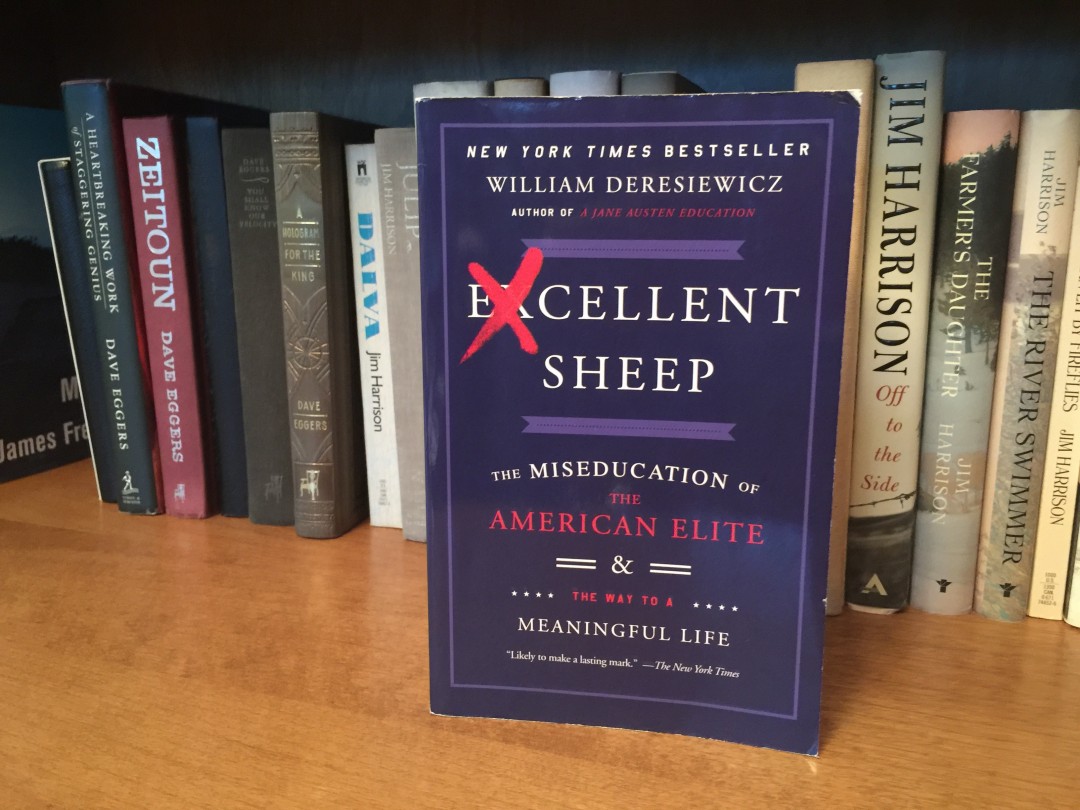In all cases the highlighting within the pull quote is mine, but just in case you think I’m exaggerating the urgency of the situation, I’d like to show you every so often the kind of statements that jump out at me as I work my through all my daily reading. These links don’t inspire me to a whole post, but I think they serve as proof of concept.
This reiterating the need for soft skills (and the genius of smart informational interviewing) from a senior Deloitte consultant, Elizabeth Lascaze:
(Elizabeth) started interviewing executives she thought she might want to work for one day, asking them where they saw room for improvement in new graduates. Many of them pointed to gaps in leadership ability and in understanding the people impact on an organization.
“As one executive told me,” Lascaze says, “you can teach anybody the technical stuff, but if you don’t know how to galvanize people around a mission, then all you have is a good strategy. That resonated with me and made me want to work in human capital, particularly in helping organizations fulfill their purpose and actually do what they were designed to do.”
And from BloombergBusiness last week, Dean Nick Allard of Brooklyn Law School, with another “wow, they just don’t get it” comment:
In a pinstriped charcoal suit and purple tie, Allard is the most formally dressed person in the classroom. Eighteen Brooklyn Law students are here for a special course to guide them through summer jobs at law offices. One student volunteers that she failed to finish an onerous one-day assignment to summarize a deposition hundreds of pages long. “How did you sleep that night?” Allard asks. Just fine, the student responds, not understanding his implication. “Well, maybe that’s a bad thing,” the dean mutters.
From a short Fortune column with IBM engineer Lisa Seacat DeLuca:
I stopped worrying that I didn’t fit the traditional computer science major profile because I fell in love with the creativity and challenge of technology. I quickly found out that my extra-curricular activities made me unique. Each experience I had outside a dark computer cluster only added to the new perspective I brought to problem solving. There is no cookie-cutter mold of what an engineer looks or acts like.
And why a really diverse group is the best possible team (and why one of my extracurricular suggestions is to be sure you are pulling diverse groups together in at least some of your work):
I have found that assembling a multidimensional group of colleagues is most successful. Recruit and elevate the best people at what they do, while seeking a mix of personalities: analytical, expressive, driven, amiable, energetic, etc. Together, they’ll be a powerful force to be reckoned with. Also, know your own leadership strengths and weaknesses and choose a team that complements them.









